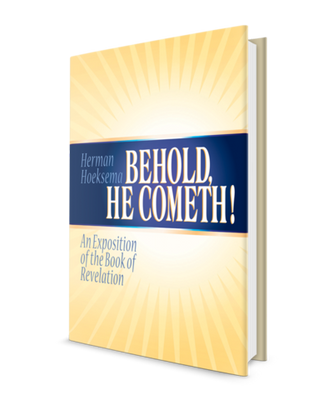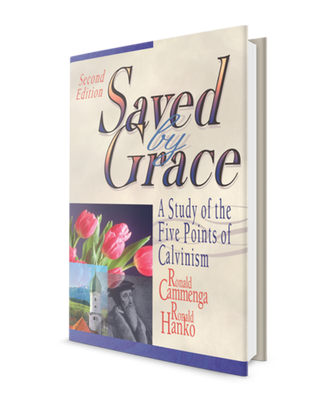“I love the Lord, because He hath heard my voice and my supplication.” Psalm 116:1
I love the Lord! That is the theme of the whole psalm. He will give us the reason for his love; he will tell us what he is going to do with that love, so that he ends in heaven itself where he will dwell in the courts of the Lord forevermore, but you are right when you write above the whole psalm: I love the Lord!
What mighty concept: I love the Lord!
Yes, the world also speaks of love.
Very learned men, especially in the field of psychology, tell us that love is the deepest urge in man, moving him irresistibly on. They say that behind all effort of men of all the ages you will find the love of man for his mate, his friend, his flesh and bone, his fatherland, humanity. And I can well believe it. Read the literature of all the ages, and you will come face to face at every page with the love of man.
But their love is not our love. Our love is the love of God! Therein lies all the difference in the world!














